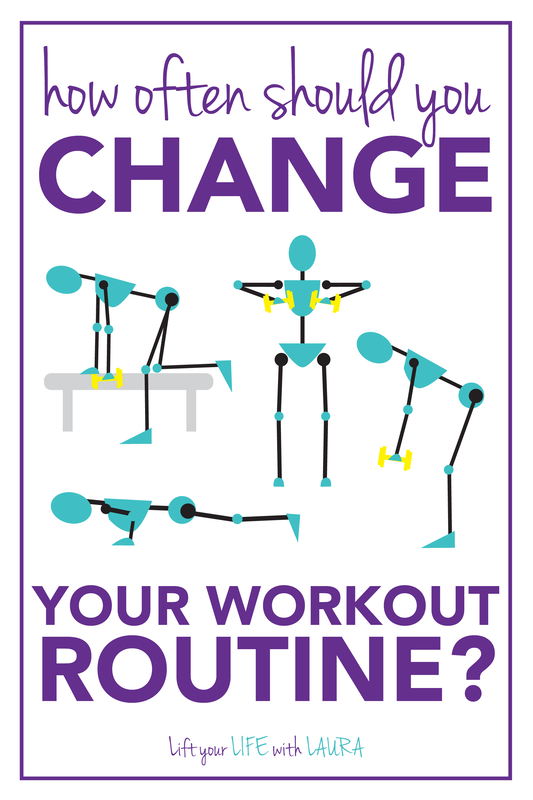
Personal trainers are a good career choice if you love helping people achieve their fitness goals. The average annual salary for a personal trainer is $45,650. However, there are many factors that determine your salary, such as your level of education, years of experience, and the location you choose.
While you can't get rich as a personal trainer, you can work for an established company or brand and still earn a decent income. Personal trainers can also offer their services to businesses and corporations, providing corporate wellness programs or offering alternative exercises for workers who need to improve their fitness.
A high school diploma or GED is required to qualify as a personal training instructor. You also need a certification in exercise and CPR. To further your education, you can also go to a university or community college. The average cost of a postsecondary degree is $1,600. Depending on your region, you might be eligible for financial assistance.

Personal trainers typically start in a gym or health club. They may also offer their services to clients at work. These positions are a great way to learn more about business in the fitness industry. You will help clients achieve their fitness goals and educate them on nutrition and weight control.
If you are interested in starting your own personal training business, you should first consider the supply and demand for your services. Independent trainers should ensure their services are unique and distinctive. It is important to have a solid network of clients and testimonials.
Between 2010-2020, Indiana's personal trainers will grow by 21 Percent. This is nearly two-thirds more than the national average. Whether you want to specialize in a specific area, or are just looking for a general career, you can find the right job in a booming industry.
One way to increase your pay is to become a certified professional trainer. Profession trainers earn a higher average wage than others and are able to work with students, older adults, and patients with particular medical issues. Individuals with multiple certifications or specialized titles can make even more.

Personal trainers can make as much as $71,500 a year. This amount is based on a study conducted by the U.S. Bureau of Labor Statistics. This includes bonuses and taxable earnings. The average salary for personal trainers in Indiana is less than the national average.
The best personal coaches help their clients keep healthy. They can provide guidance on nutrition, weight control, and tailor workouts to each client. You can reach more people by engaging in social media and fitness communities.
Personal trainers are most commonly employed by commercial gyms, insurance companies, and health clubs. Indiana is home to a growing number specialized fitness studios.
FAQ
Why is it so important to get enough sleep?
For a healthy lifestyle, sleep is vital. Sleep allows your body to repair itself and recover from daily stresses. A good night's sleep is essential for optimal functioning throughout the day.
What are resistance training exercises?
Resistance training uses weights or other objects to perform certain movements. Lifting weights will strengthen your arms. Resistance training promotes strength, muscle mass, and bone density.
Do I lose weight if I exercise?
Yes. Regular exercise will help you to lose weight by burning extra calories. Exercising can increase your metabolism so that you can burn calories even when you're not working out.
What does caffeine do to my sleep?
Caffeine effects how fast it takes to fall asleep and how much sleep you get. Caffeine can cause drowsiness that makes falling asleep much easier. However, caffeine can keep you awake longer and make it more difficult to fall asleep. Instead of drinking coffee or energy drinks just before bed, you might consider having them in the evening.
Statistics
- Physical activity confers the following maternal and fetal health benefits: a decreased risk of pre-eclampsia, gestational hypertension, gestational diabetes (for example, 30% reduction in risk) (who.int)
- Globally, 81% of adolescents aged 11-17 years were insufficiently physically active in 2016. (who.int)
- In high-income countries, 26% of men and 35% of women were insufficiently physically active, as compared to 12% of men and 24% of women in low-income countries. (who.int)
- One study showed that adults who watch more than 4 hours of television daily had an 80% higher risk of death from cardiovascular disease. (heart.org)
External Links
How To
How to stay fit during pregnancy
Your body goes through many changes when you get pregnant. Your metabolism slows down, and you eat less because you're growing a baby inside you. You may feel sick if your sleep is not enough. There are many ways to keep your health in check while still enjoying this wonderful time of your life.
Before beginning any exercise program, consult your doctor. They can advise you on which exercises you should avoid, and which ones are safe. The second is to eat well throughout pregnancy. This includes eating plenty iron, fiber, and protein. Third, it is important to drink plenty. Because sweating can cause fluid loss, it's particularly important to drink water while exercising. Finally, take care of your feet. Wear shoes that are supportive and dry. Morning sickness can be caused by eating small amounts of bread or crackers before you get out of bed. If you do not eat something small, you might feel nauseated.
-
Healthy eating is key. A healthy diet is vital throughout pregnancy.
-
Stay active. Exercise at least 30 minutes daily.
-
Keep a healthy weight By eating smaller meals and snacks, you can lose weight.
-
Get enough sleep. Get at least 7-9 hours sleep each night.
-
Manage Stress. Learn relaxation techniques.
-
Avoid Alcohol. It may lead to miscarriage and birth defects.
-
Be Gentle with Yourself. Do not push yourself too much.
-
Take Care of Yourself. It is important to have someone keep an eye on you whenever you feel the need.
-
Relax. Do the things that make your heart happy.